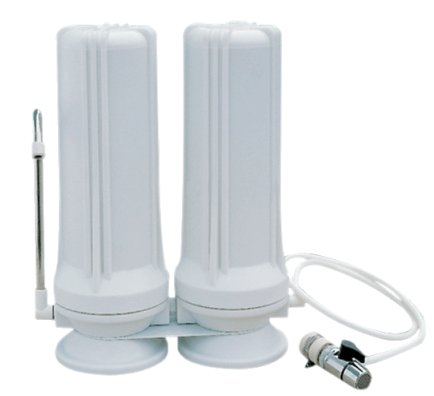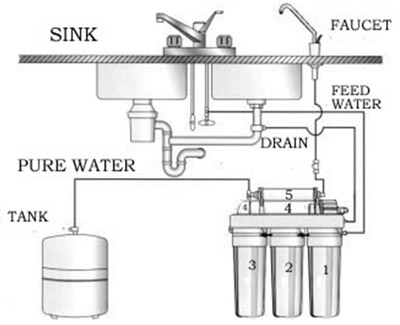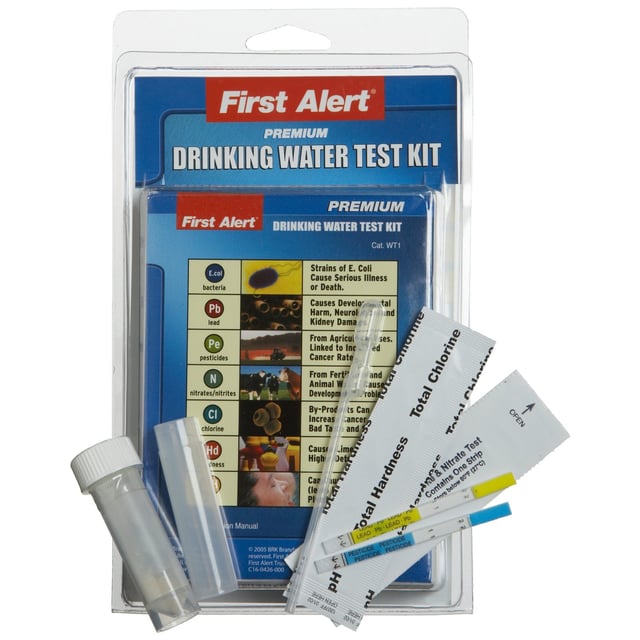My question is, how can I determine exactly what these "floaties" are that I see in my drinking water? I know that I sound crazy and more than a little obsessive-compulsive....my wife tells me this all the time.
For a while, we had a Brita water pitcher that had a replaceable filter in it, and it works great except that bits of the charcoal would always fall into the reservoir (even after following instructions on how to clean it out after replacing it with a brand new filter, etc). We never had "floaties", other than the little grains of charcoal, which still drove me crazy (to the point that I would dump the water or use it for something else, clean out the reservoir, and fill it up again...).
Whenever I get water from the tap in a glass, I raise it up to the light to see what's in it. Normally there are a bunch of air bubbles, which is fine. But after letting the cup sit on the counter (covered with saran wrap to stop dust from falling in, etc), I've checked it again and have seen little "floaties".
We rent our home, and the refrigerator has a filtered water system (where you can replace a cylindrical water filter located inside the refrigerator). The water tap for this is on the inner part of the refrigerator door (as opposed to on the outside...first time I've ever seen this). Checking the water in the same manner as I do with the tap, holding it up to the light and inspecting it, results in little "floaties" in there also.
I live in Southern Arizona, USA, so we have a lot of sediment buildup in our water. Using vinegar or "Lime Away" type products to remove buildup around faucets is a normal thing done every couple of months.
However, the filter that is in the refrigerator, even when replaced, still has "floaties" in the water, which leads me to believe that it may either be sediment, or something living in between the dispenser head and the filter itself.
I like to think of myself as a "manly man" - I like to get dirty, romp around, and have a good time. But for some reason (a mental one, I'm sure), I cannot drink water that has "floaties" in it. And if I can't/don't check for "floaties", I feel like there's something in the back of my throat that makes me want to sick up.
So anyway...any DIY way to find out what these floaties are? I'm sure that it'll be cheaper than a shrink or a separate filtration solution...



